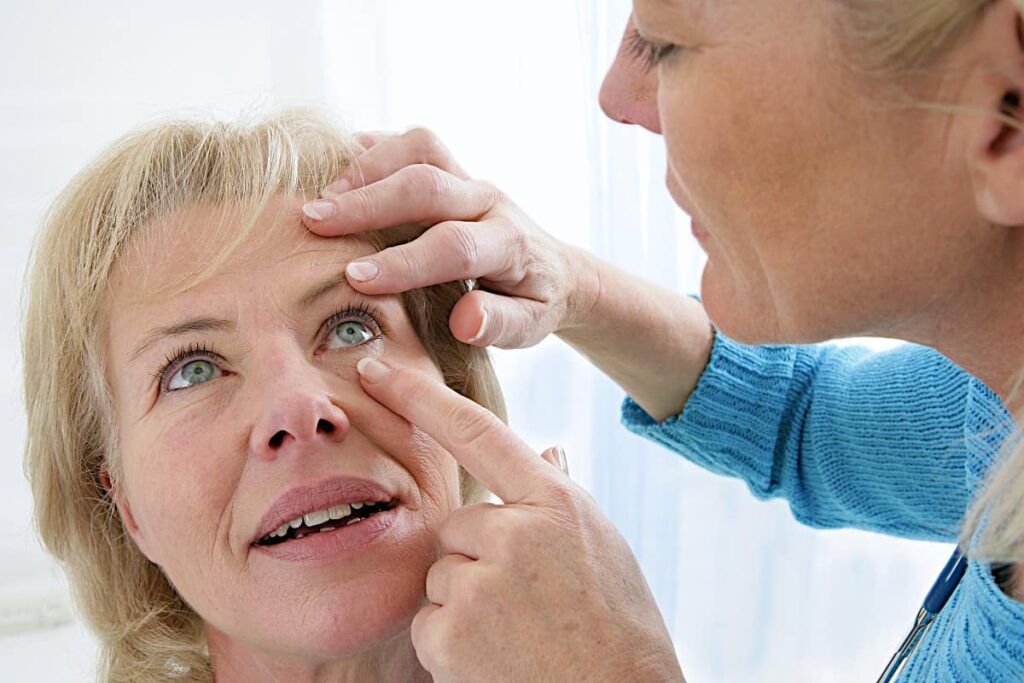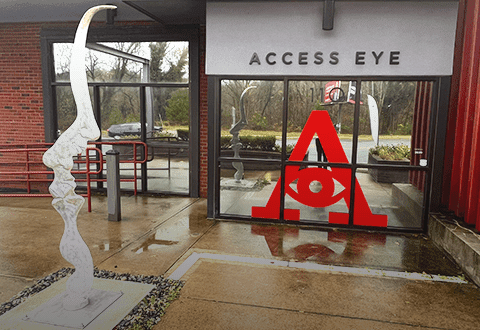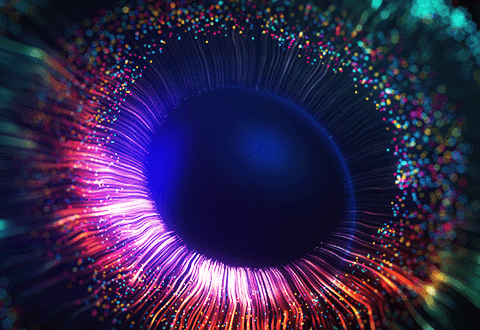Why Is My Eyelid Twitching?

Everyone has experienced the occasional eyelid twitch triggered by stress or the caffeine in a big cup of coffee. But sometimes, the twitching (referred to by doctors as “myokymia”) can persist for weeks or even months. If you’re experiencing ongoing eyelid twitching, you are probably wondering about the cause and whether it indicates something serious happening to your health.
Common Reasons Why Eyelids Twitch
According to the team at Access Eye, most cases of persistent eyelid twitching are harmless and triggered by stress, fatigue and the consumption of caffeine or alcohol. Other causes of eyelid twitching include eye strain and digital eye strain from the prolonged use of computers, smartphones and tablets.
Sometimes dry eye disease can contribute to eye twitching. And, environmental factors like wind, bright lights, the sun or air pollution can cause the eyelids to twitch.
Solutions to Eye Twitching
The solution to persistent eye twitching can be as simple as making a few lifestyle changes. You can try cutting back on your intake of caffeine and alcohol, and getting more sleep at night (or taking naps during the day).
If you have sources of stress in your life, try stress management techniques like yoga, meditation or deep breathing exercises. Getting some exercise or fresh air or taking time for your favorite hobbies can also refocus your thoughts and ease your stress.
It can help to double-check that your vision prescription is up to date and you aren’t unknowingly straining your eyes.
If you spend hours in front of a computer, give your eyes frequent breaks. The American Academy of Ophthalmology recommends the 20-20-20 rule, in which you take a break from your computer work every 20 minutes to focus on an object 20 feet away for 20 seconds.
When to See an Eye Doctor
Eyelid twitching is usually nothing to worry about, but in rare cases it can have a more serious cause.
If the twitching continues for several weeks, or is accompanied by other symptoms such as a drooping upper eyelid, red or swollen eyes or unusual eye discharge, you should see an eye doctor at Access Eye.
If you experience additional muscle spasms or involuntary movements in your face, you should tell your primary care doctor right away.









